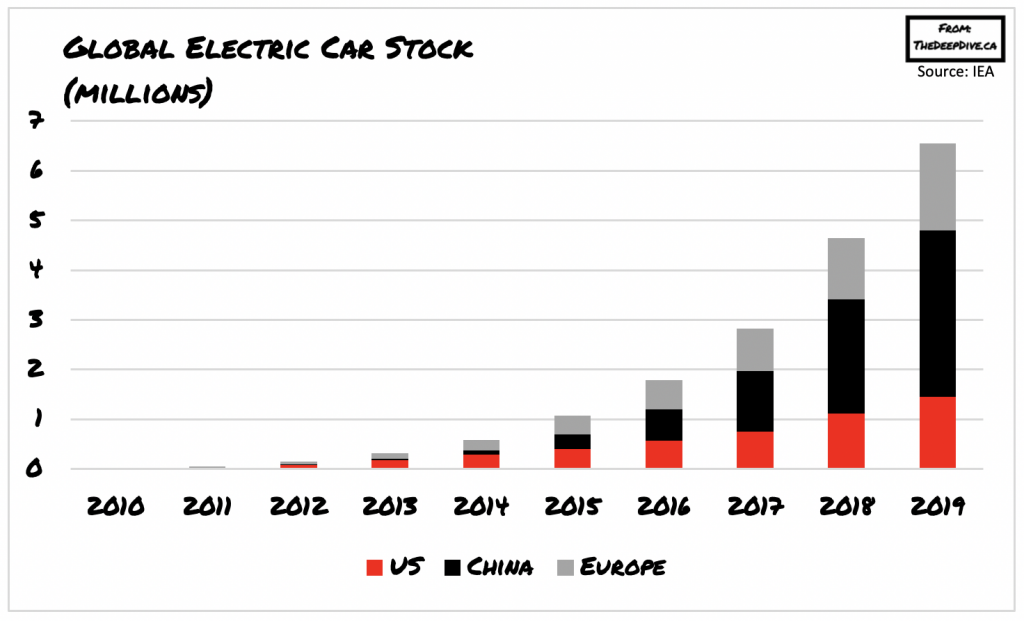As a means of averting some negative attention from its recently scrutinized partnership with truckmaker company Nikola, General Motors announced on Monday that it will begin exploring the possibility of entering the “aerial taxi” market. Although certainly ambitious and worthy of nonchalant applause, the American automaker is already late in entering the latest innovation market, not to mention a market that barely even exists.
It in latest stunt to catch up in the ever-evolving transportation technology market, GM will be exploring the innovation and production of “aerial cars” as a means of staying hip with changing consumer preferences. GM’s CEO Mary Barra teased the idea on Monday, stating that the production of aerial cars would put the company in a favourable position in terms of further utilizing its Ultium electric battery system.
These so-called air taxis are the latest emerging innovation in the EV market. These vehicles utilize electric motors in leu of gasoline-powered jet engines, with the goal of avoiding traditional aircraft runways. The air taxis, or vertical take-off and landing (VTOL) aircraft are able to fly relatively shorter routes compared normal aircraft, as well as lower-level routes, thus reducing increasing congestion in heavily-populated areas.
However, the news were soon followed by GM’s announcement that it will begin to manufacture its own EV drive systems and motors. The automaker will initiate production of a series of electric vehicle drive systems and motors in a move to transition towards a fully electric vehicle lineup. This is GM’s first move towards building a vertically-integrated electric car business that is slated to compete with already established automakers such as Tesla.

Although GM’s latest announcements are certainly going to contribute to the disruptive technology that is the EV market, the automaker is hardly early to the party. As the EV market is increasingly turning to a world the Jetsons family would approve of, Hyundai had already partnered with Uber back in January to produce electric aerial taxis, as well as contributed $1.5 billion towards developing air mobility by 2025. Toyota has also entered into a $590 million investment with Joby, an air taxi startup, while Daimler has invested in German-based Volocopter.
Information for this briefing was found via General Motors, Hyundai, and Daimler Chrysler. The author has no securities or affiliations related to this organization. Not a recommendation to buy or sell. Always do additional research and consult a professional before purchasing a security. The author holds no licenses.









